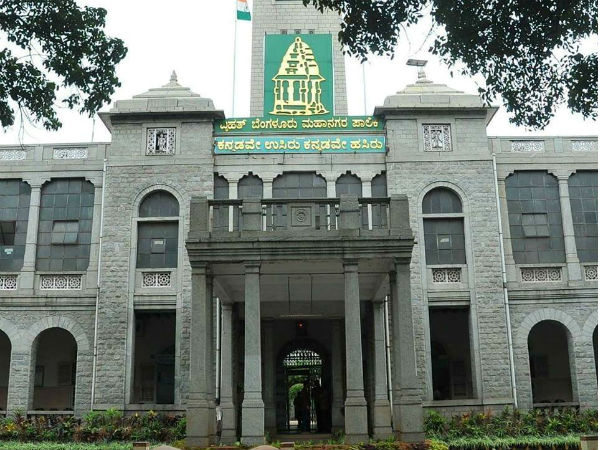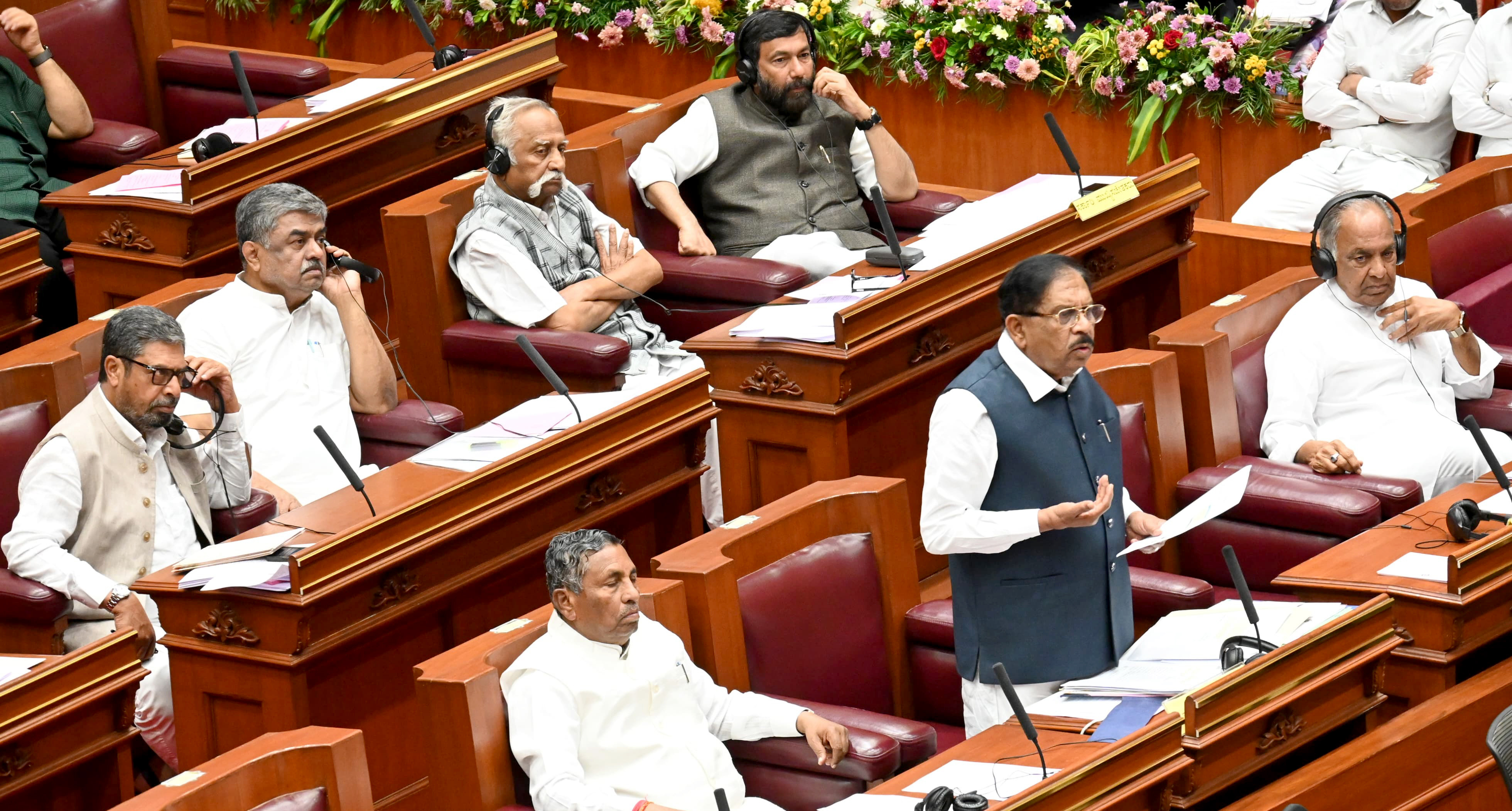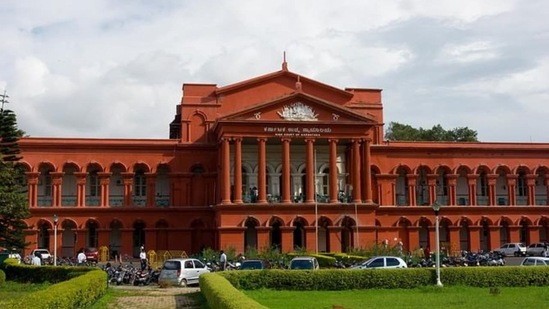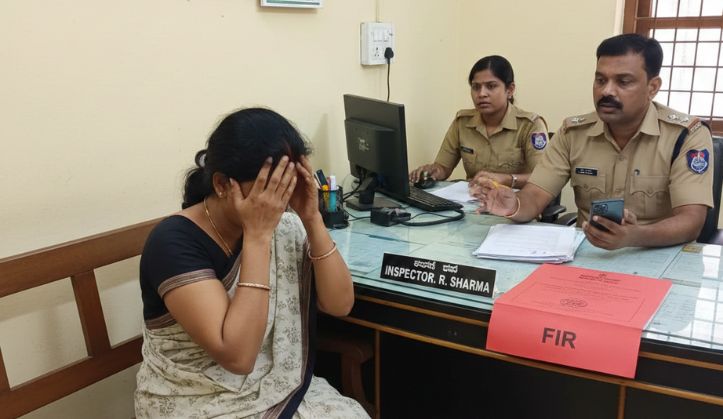BBMP to cease ops; Greater Bengaluru Authority takes over
Bengaluru will now be divided into three regional municipal corporations.
Salar News

Bengaluru, 12 May
The Bruhat Bengaluru Mahanagara Palike (BBMP) will
officially cease operations on 14 May, paving the way for the newly established
Greater Bengaluru Authority (GBA) to assume control on 15 May. This transition
follows the enactment of the Greater Bengaluru Governance Act 2024, which aims
to decentralise the City's administration.
Under the new structure, Bengaluru will be divided into
three regional municipal corporations: Bengaluru Central, Bengaluru North, and
Bengaluru South. These entities will report to a central administrative
authority, with the Chief Minister serving as the GBA Chairperson and the
Deputy Chief Minister as Vice-Chair. An appointed Administrator will oversee
the daily operations of the corporations.
The GBA's jurisdiction is set to expand to include areas
such as Electronic City, Attibele, Jigani, Bommasandra, Sarjapur, Bagaluru,
Rajanukunte, Hesaraghatta, and Dasanapura. Peripheral zones like Tavarekere,
Kumbalgodu, Kengeri, Kaggalipura, and Harohalli may also be integrated. Key
civic agencies, including the Bangalore Development Authority (BDA), Bangalore
Water Supply and Sewerage Board (BWSSB), Bangalore Electricity Supply Company
Limited (BESCOM), Bengaluru Metropolitan Transport Corporation (BMTC),
Bangalore Metro Rail Corporation Limited (BMRCL), and the Fire and Transport
departments, will come under the GBA's purview.
However, the restructuring has faced criticism. Opposition parties and civic groups argue that the move violates the 74th Constitutional Amendment, which mandates decentralised urban governance. The Bengaluru Town Hall collective has announced plans to challenge the GBA in the Supreme Court, citing concerns over the concentration of power and lack of citizen representation.
Leave a Reply
Your email address will not be published. Required fields are marked *













.jpg)

.png)
.png)

.png)
